Nasya in Panchakarma
March 23rd, 2007 | admin
Nasya or nasal administration of medicines is an important treatment in panchakarma method of Ayurvedic treatment. According to Ayurveda concepts, nose is the doorway to brain and consciousness.
According to yoga and Ayurveda, Prana, the life force enters our system through our nose. The doshas of the body accumulated in sinus, throat, nose or head can block the movement of prana. Nasya therapy is a method of eliminating the accumulation of such doshas from sensitive areas. Prana is responsible for healthy functioning of nervous system, memory, and intellectual qualities of humans.
Nasya also address problems like sinus congestion, migraine, certain eye and ear problems, etc. Improvement of breathing is another application of nasya.
There are six main types of nasya, they are:
Pradhama or virechan nasya characterized by blowing of dry powders to the nose. Headaches, heaviness in head, cold, sinusitis, epilepsy, drowsiness, etc are the conditions that attract the use of prahamana nasya. It also will eliminate negative emotions like greediness.
Bruhana Nasya (nutrition nasya) involves the use of nutritional ghee, oils, salts, shatavari extracts, ashwagandha, milk, etc. It is to normalize vata imbalances like headaches, nervousness, fear, dizziness, negative emotions, dry sinus, etc.
Shaman Nasya (sedative nasya) is for pitta dosha disorders.
Navana Nasya (decoction nasya) is used for problems associated with vata-pitta or kapha-pitta combination disorders. Medicated oils are applied to the nostrils.
Marshya Nasya (ghee-oil nasya)
Prati Marshya (daily oil nasya) – dip the clean little finger in medicated oil or ghee and insert into each nostril to lubricate the nasal passage. Care should be taken not to harm the sensitive lining tissue.




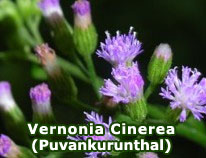
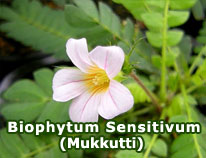
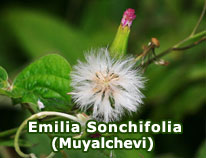
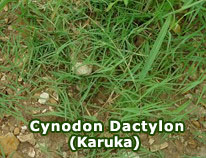
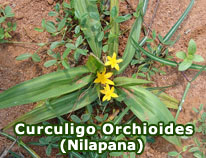
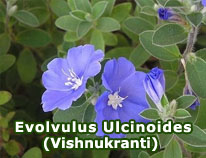
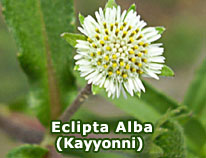
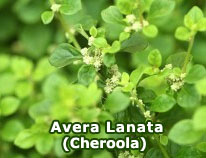
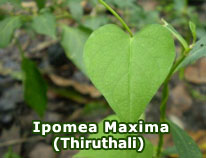
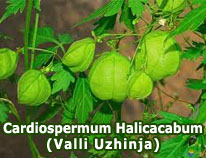
 Loading ...
Loading ...





